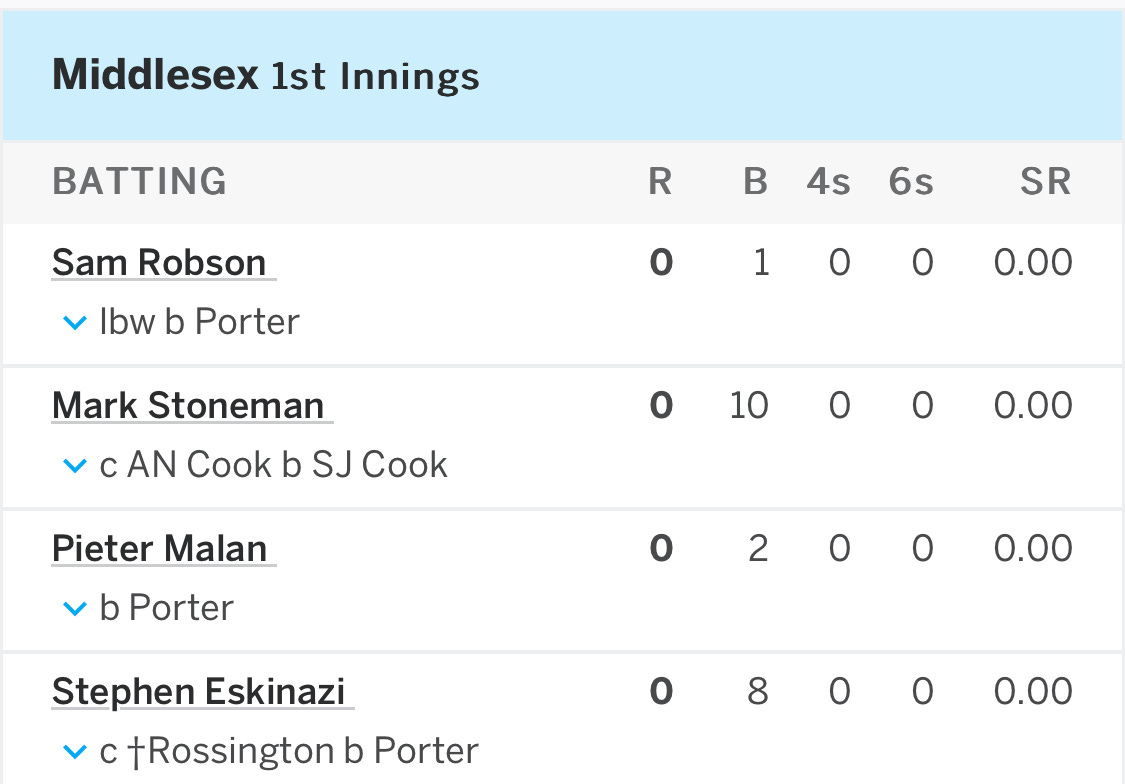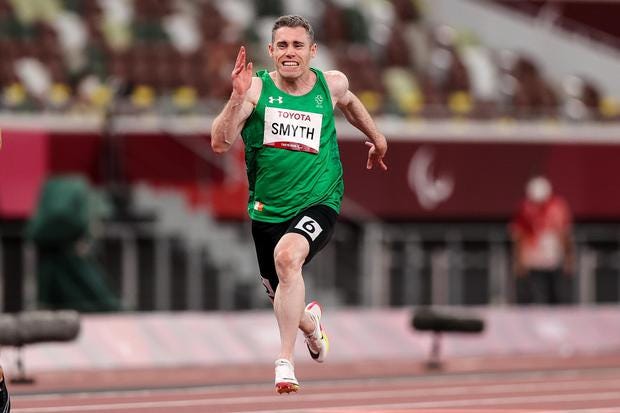Different patterns of belonging in this social media age are a stiff challenge to those of us attempting to build membership rosters for sporting bodies. What can we offer to persuade amateur athletes and casual fans to give a chunk of their identities - and a few quid from their virtual wallets - to organisations that exist to do the dull stuff? And yet most governing bodies continue to bash away with the old analogue approaches, with predictably diminishing returns.
I’m indebted to The Times for belatedly flagging an interview with the chair of British Cycling that appeared in Cycling Weekly back in February. In it Frank Slevin ditched his organisation’s ambition to grow its membership from the current 150,000 to 250,000 by the time of next year’s Olympics. This always looked a nonsensical target. Instead, BC’s roster of members is shrinking, consistent with Sport England’s survey data that shows a decline in recreational cycling.
“I can put down 10 different reasons, including the economic and cost of living situation, why that membership number is not one we should aspire to. I’m realistic and I won’t pursue objectives which don’t have a foundation that’s credible.” Frank Slevin in Cycling Weekly
It costs between £26 and £76 a year to join British Cycling, in return for a range of discount offers, the provision of third party liability insurance and the warm glow of supporting Britain’s elite cyclists. None of these will feel like must haves for most cyclists. But membership fees make up over a fifth of BC’s income - more than its commercial and event income combined. Hence the imperative to keep searching for relevance among those younger generations disinclined to trust or invest in the establishment.
I’m at the other end of the generational spectrum. My own running club - composed almost exclusively of athletes of my vintage - recently decided membership of England Athletics was no longer worth the administrative aggro and has given up its affiliation to the governing body.
After my decade in the chair seat at UK Athletics, I’m emotionally invested in the structures of sport and so have switched clubs in order to maintain my individual affiliation. But I entirely get why the bureaucracy of sport hampers the development of formal grassroots networks.
Someone has to put a match to much of the petty paperwork that besets local, amateur sport. The chair of Sport England happens to be an elite cyclist, and ardent campaigner on behalf of mass cycling: Chris Boardman. He would do not just cycling but all British sport a great service if he now provided the spark that lights the bonfire.
Rugby desert
One way to create a sense of belonging is to find ways to ask my opinion that I believe will really be listened to and will make a difference. A survey from England Rugby has dropped into my inbox giving the opportunity to shape the future of the professional game. It contains a sheaf of questions about my rugby watching habits and - in particular - what it would take to increase my interest in the RFU Championship and the women’s Allianz Premier 15s.
You can take the Future of Professional Rugby survey here
Clicking through the survey brought home to me just what a rugby desert the South East of England is. No clubs in the top two men’s tiers, or the Allianz Premier 15s, in Essex, Kent, Sussex or Hampshire, even though amateur rugby is laced through these populous counties.
I happily travel 50 miles from West Sussex to watch my chosen professional football team, but there are a handful closer should I ever contemplate a change of allegiance (unlikely!). And the distance is a function of me having moved home, not the team. It’s quite the challenge to establish a club rugby watching habit from scratch if a home match is a three or four hour round trip.
MTWD all out
Fans find myriad informal ways of networking that are independent of officialdom. In the Twitter era it is heartening to see that so many online forums and bulletin boards continue to thrive. Regular readers might remember my recent application for the chair position at Middlesex CCC that ended in a degree of farce. My prep for interview included scouring Middlesex Til We Die, but this forum has now closed just days before the first match of the new season (a tough first division baptism for Middlesex with its top four batsmen all registering first innings ducks).
MTWD’s farewell message says there is no-one any longer willing to moderate the boards, but it did say that “we have recently been challenged by some unhelpful postings.” Curious.
Meanwhile, Middlesex have appointed Angus Fraser as interim chair in an extremely unorthodox capacity - he isn’t a board director, is a full time employee who reports to the CEO, and he won’t be undertaking all the chair’s responsibilities.
Why didn’t any of the existing board step into the breach? Club legend Mike Gatting, who is one of those directors, is now leading the relaunched recruitment process having sat out the last one. I wish him speedy success. No doubt the ECB will be riding shotgun this time.
How long must we sing this song?
The Good Friday Agreement was 25 years old this Monday. One quirk of the Irish peace process has been the ability of athletes to choose to represent Ireland or Northern Ireland or sometimes both. Early in my UKA days I chewed over the lack of Northern Irish athletes in the GB&NI team with colleagues at Athletics Northern Ireland. Turned out that there was a talent drain to the south attracted by superior individual funding and more likely appearances at the Olympics in a far smaller nation.
And yet when the Commonwealth Games come round every four years there is an opportunity for those same athletes to represent Northern Ireland as a separate nation. Most notable in my time was Jason Smyth, the visually impaired sprinter who was undefeated in four Paralympic Games for Ireland, winning six gold medals. He also appeared for Northern Ireland in the heats of the 100m at the Glasgow 2014 Commonwealth Games, lining up alongside fully sighted athletes.
"I never put myself on either side of the fence. I'm not Protestant, I'm not a Catholic.“ Jason Smyth in 2016
Last summer the international gymnastics federation, FIG, tried to prevent three Northern Irish gymnasts who had represented Ireland competing at Birmingham 2022. I’m glad they failed. The Good Friday Agreement deserves every such small sporting win.
Jason Smyth announced his retirement a couple of weeks ago.






The membership scheme for athletics clubs in England is relatively recent as it was only introduced around 20 years ago (how did the sport survive before this?). My local athletics club has seen its membership cut in half since the pandemic and they are currently wrestling with annual subs renewals, complicated by (another) rise in the England Athletics affiliation fee.
Returning to a role in grass roots rugby, its alarming how much more paperwork is now required that is sucking the life out of volunteers - nice and timely reference to the Good Friday Agreement.